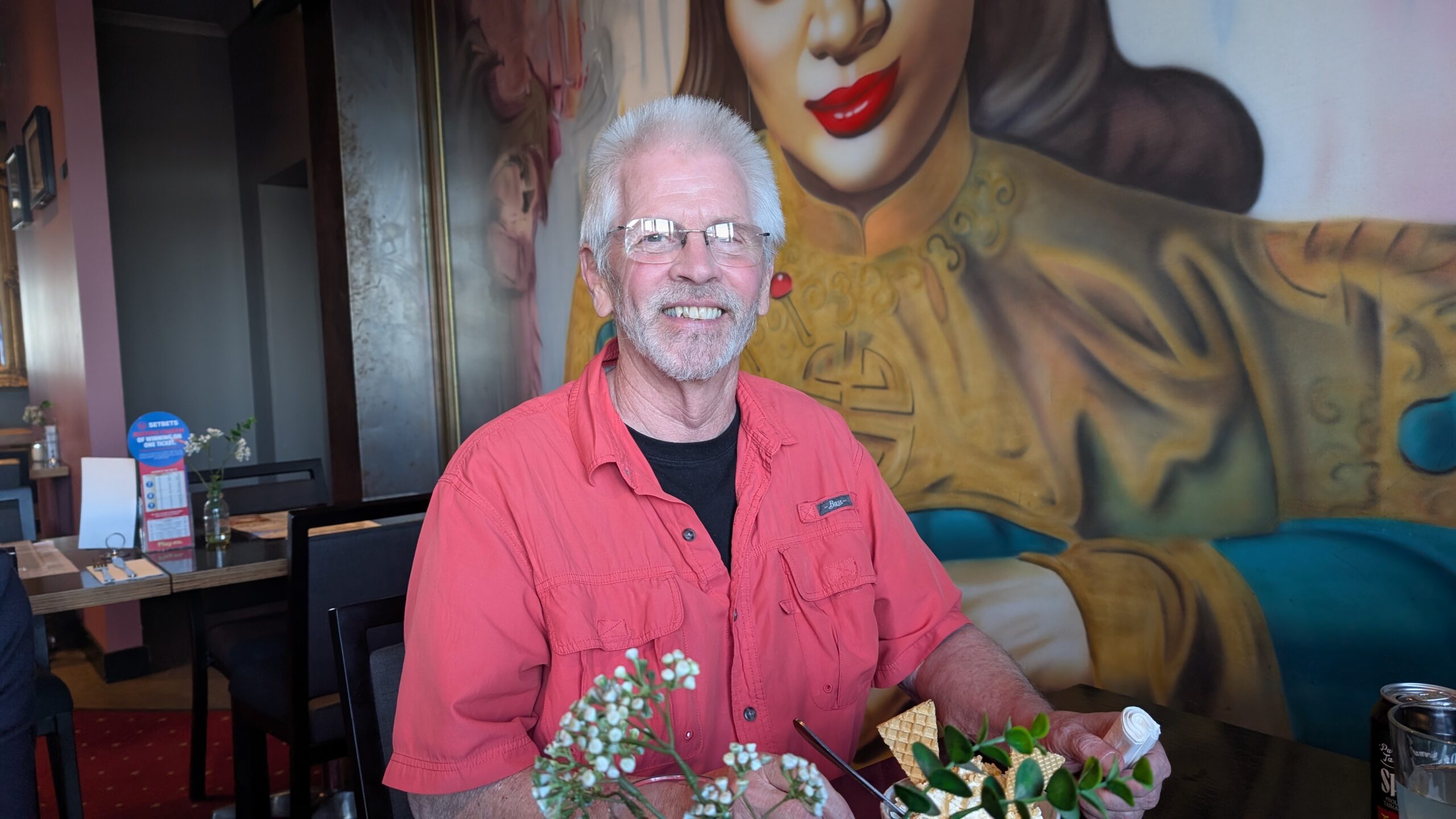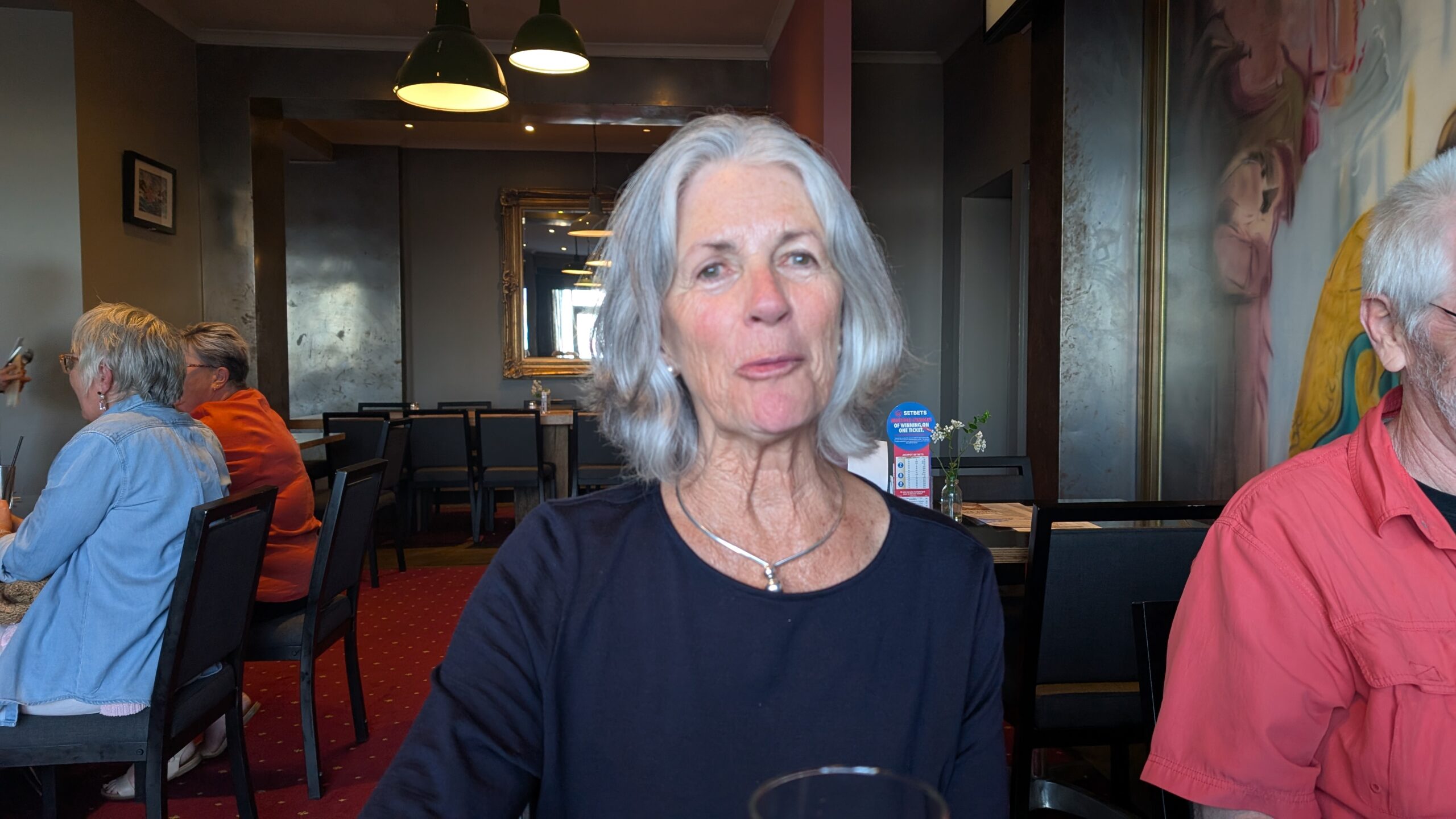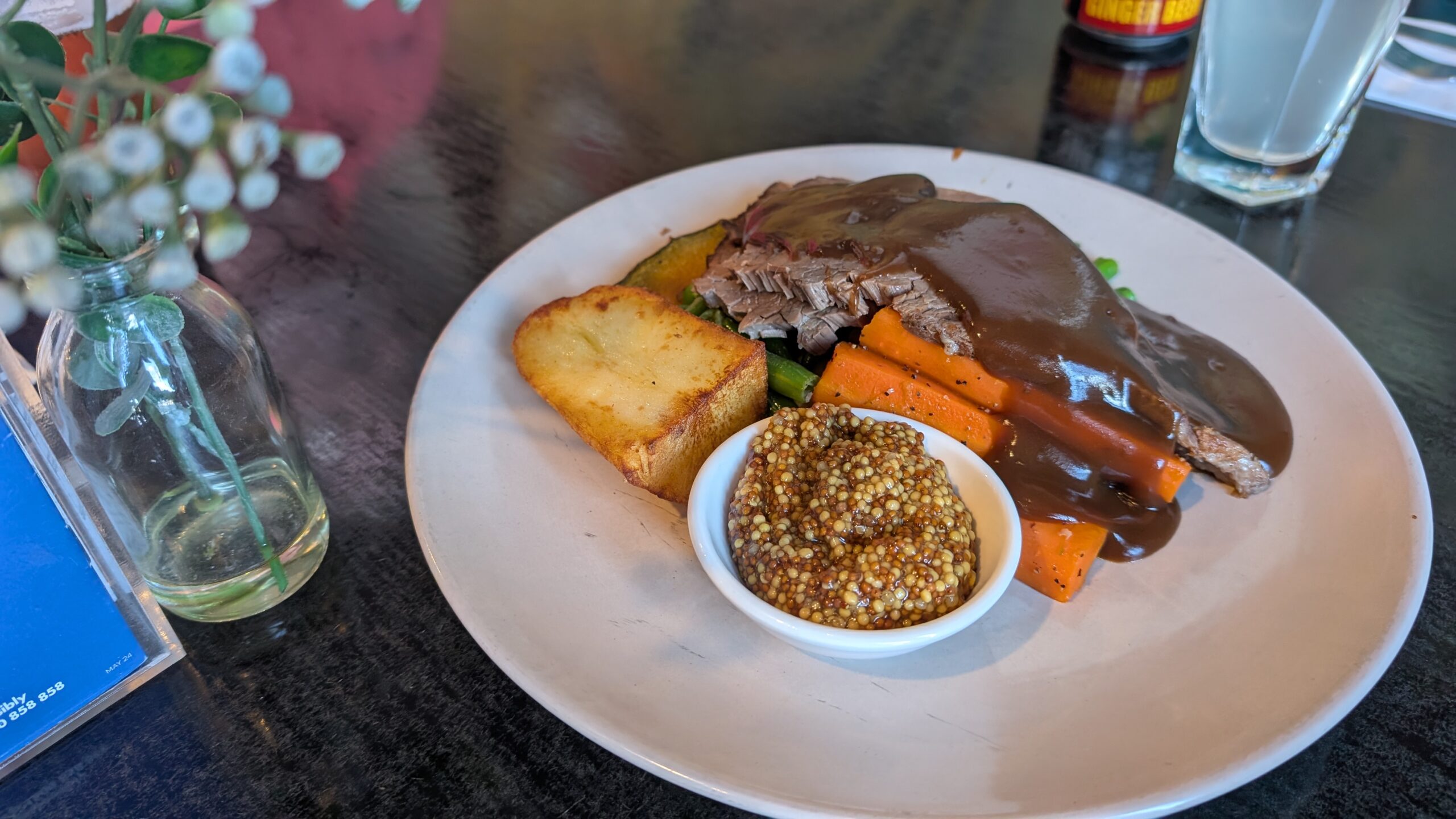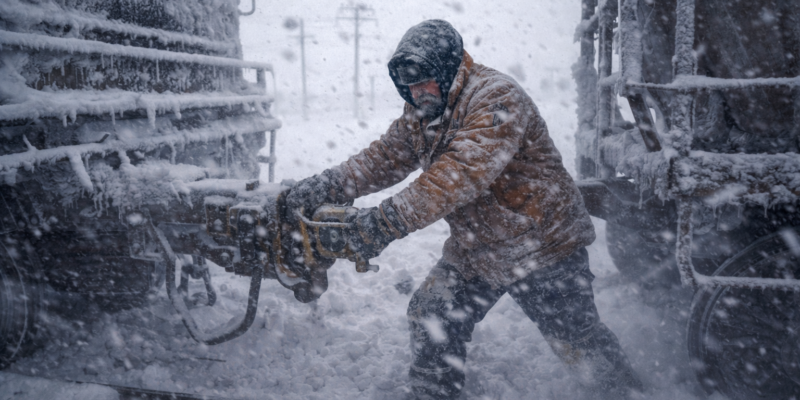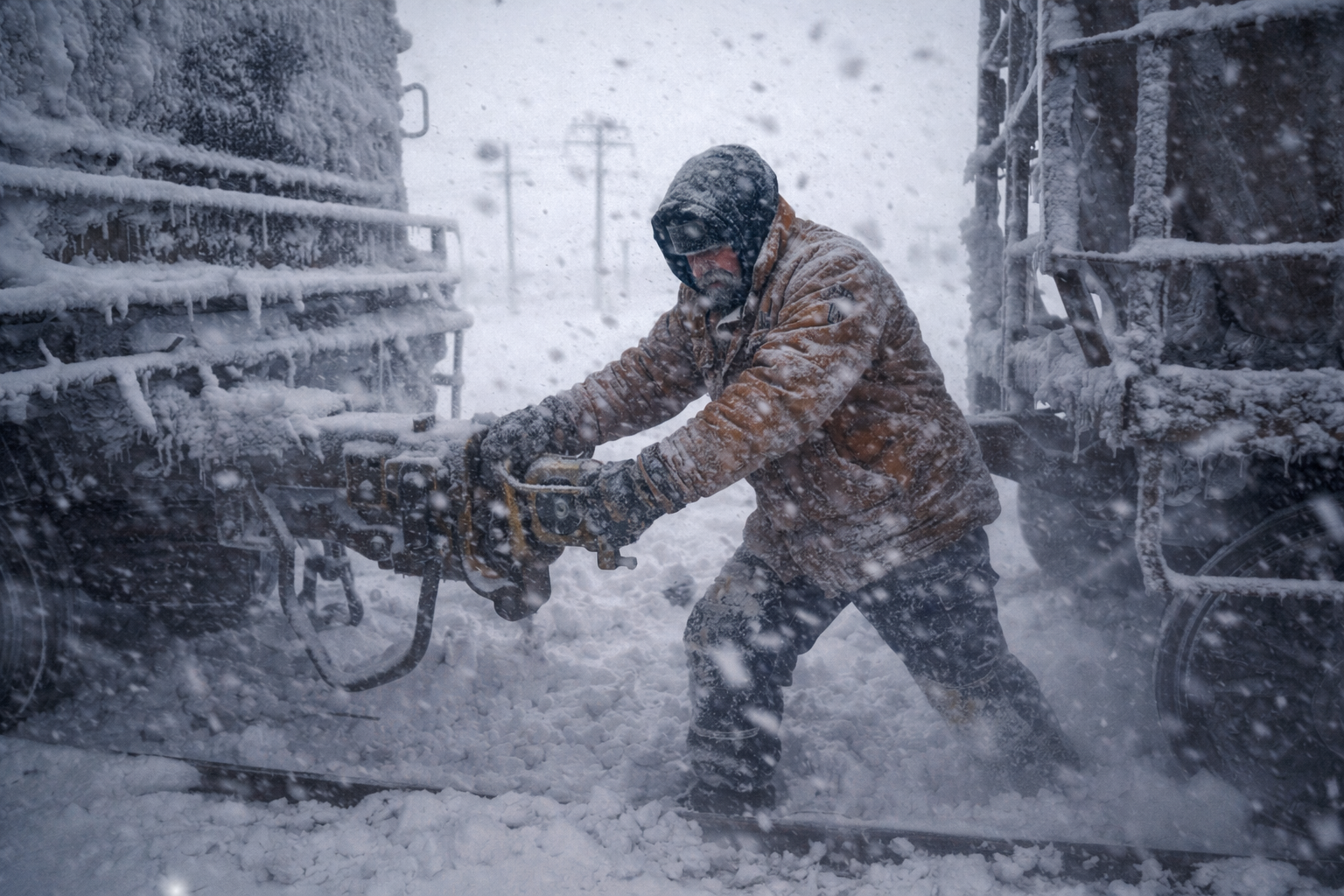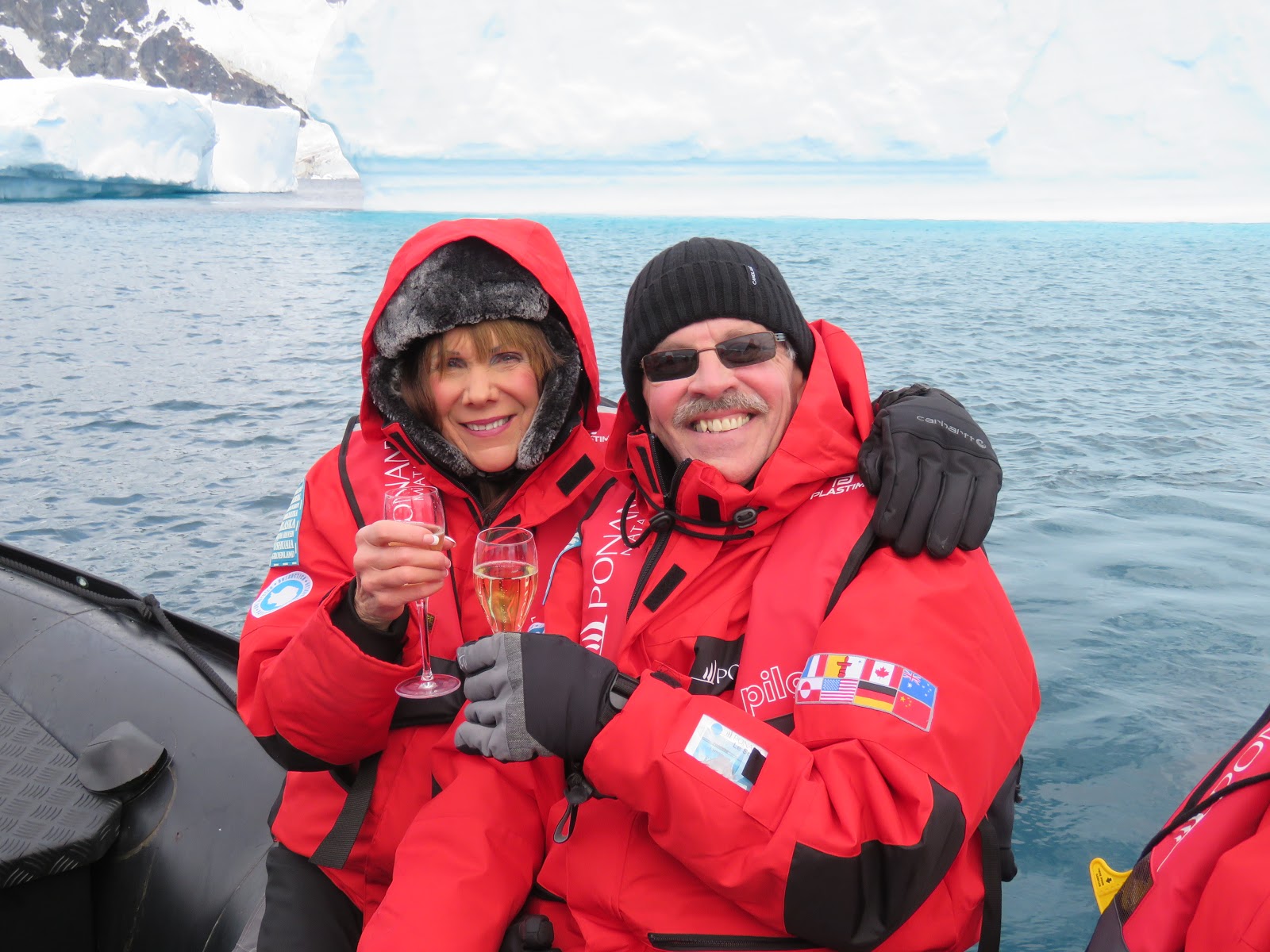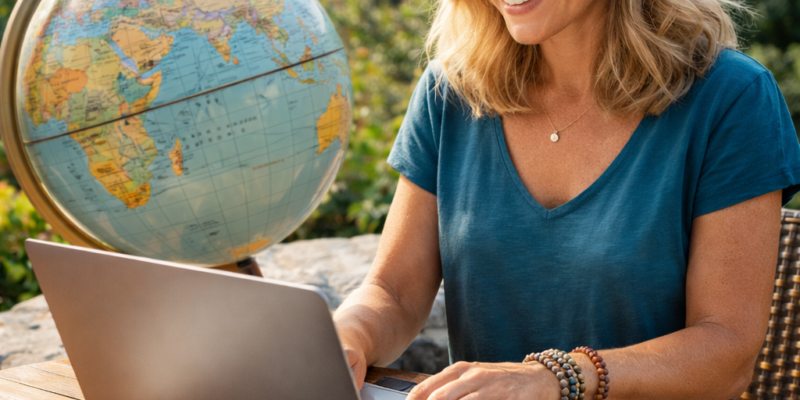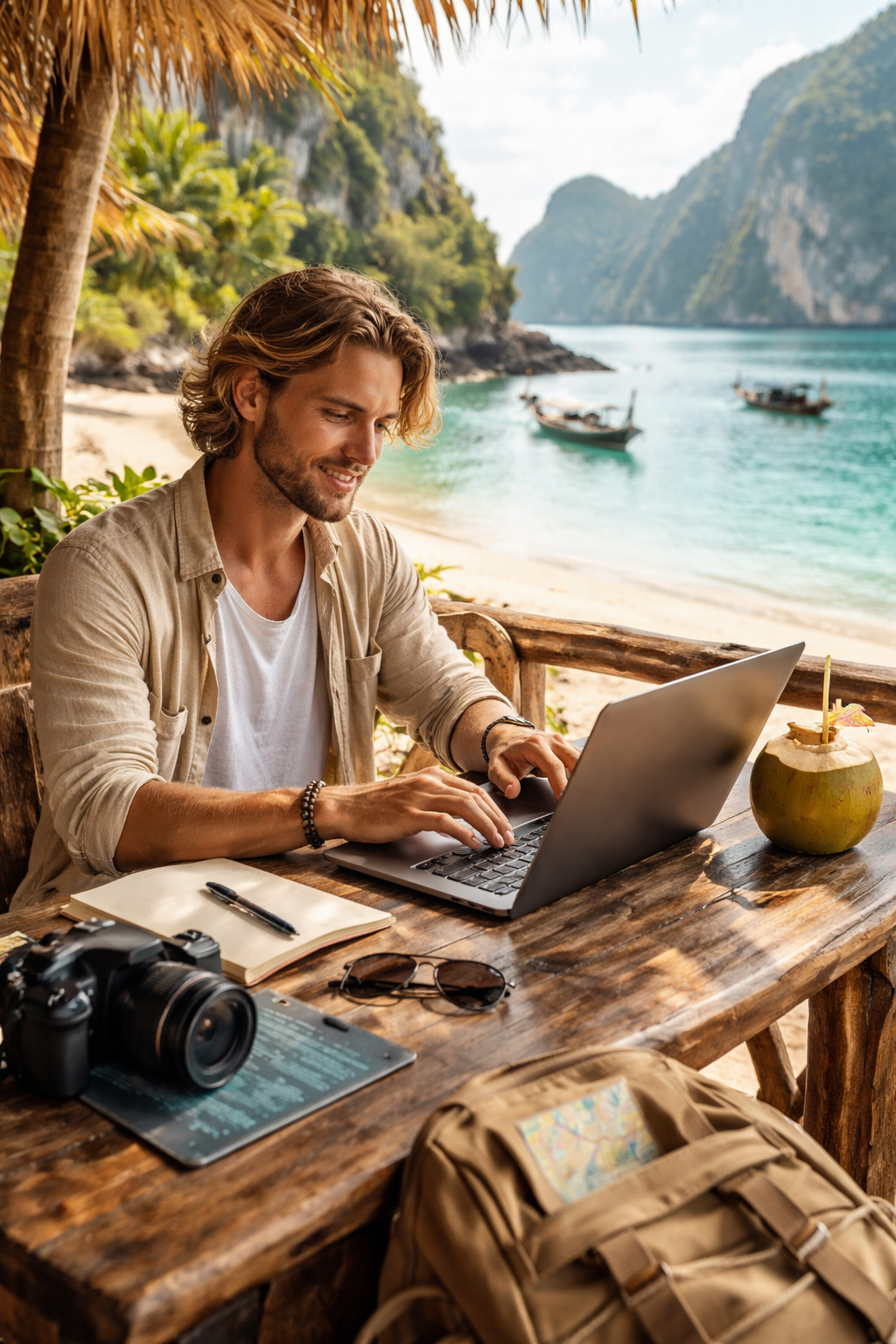
It makes no sense for us to make a fuss over holidays anymore. Before we left the US 13 years ago, we let go of the heart-shaped cake pans and all the decorations we used for various holidays: Halloween, Thanksgiving, Christmas, New Year’s Eve, Valentine’s Day, July 4, with hundreds of small flags to line the shoreline at our lakefront house, along with special decorations for birthdays. Those days are long behind us, 13 years later.
Now, our roots move with us.
Birthdays and anniversaries are simpler. We make a reservation. We dress nicely. We sit across from each other at a small table in a local restaurant and raise a glass. Next Friday will be my birthday, and we’ve done exactly that, booked a table for two. No grand gestures. No elaborate surprises. Just us. And honestly, that has become more than enough.
Valentine’s Day has quietly slipped into the background. No cards. No flowers. No gifts. No cake, carefully frosted and decorated to celebrate the occasion. At first, I wondered if I’d miss it. After all, tradition has a way of wrapping itself around your heart. But here’s the curious thing: when every day is filled with shared discovery, shared problem-solving, shared wonder, what exactly are you commemorating on February 14?
We celebrate constantly.
We celebrate when we arrive safely after a long travel day. We celebrate when we discover a perfect little café tucked down a side street. We celebrate when we sit on a veranda watching the sky change colors, grateful that this nomadic life still fits us. We celebrate resilience when plans shift unexpectedly, and kindness carries us through.
Right now, we’re settled for a few precious weeks, and that alone feels like a gift. The holiday home we’re in is newly built, still carrying that new house scent. We are the first tourists to live here, and there’s something quietly special about that. It feels untouched, like a blank page waiting for stories.
Our meals lately have been homemade, simple, and satisfying. There’s something grounding about cooking in a kitchen that’s not yours yet feels temporarily entrusted to you. I move around the counters, finding my pace with unfamiliar utensils, adjusting to a different oven, and different light through the windows. Tom does the dishes, often without being asked. I cook. These small gestures, repeated over decades, have become our truest form of romance.
We don’t need roses when we have reliability.
We don’t need cards when we have consistency.
Two weeks from today, we’ll move to Sunrise at Penguin. Just writing that makes me smile. The name alone feels hopeful. After the earlier mix-up with dates and the unexpected scramble upon arrival in town, it feels especially meaningful that we’ll soon settle into that home properly. Experiences like that could easily rattle us. But instead, they remind us how adaptable we’ve become.
In the meantime, we’re soaking in these days. The light filters through the wide windows. The quiet hum of rural life. The sense that, for now, we don’t have to pack or rush to an airport. We’ll do that again in April.
Tomorrow afternoon, we plan to wander into Penguin, this quaint and beautiful little town that already feels welcoming. There’s something charming about coastal communities, the steady presence of the sea, the tidy shopfronts, the subtle nods exchanged between locals who recognize each other. We’ll take photos, of course. We always do. It’s our way of preserving moments that otherwise might blur together in this ever-moving life.
I suspect we’ll linger by the water. Perhaps sit on a bench and simply watch. These small towns have a way of inviting you to slow down.
And that, I suppose, is the quiet lesson in all of this.
We no longer measure love by decorations or holidays circled on a calendar. We measure it in shared glances across a restaurant table. In navigating unexpected hiccups without blame. In packing up a life over and over again and choosing, each time, to continue together.
Valentine’s Day may have fallen by the wayside. But love hasn’t.
If anything, it has deepened, simplified, and clarified.
Every single day, in this ever-changing world we inhabit, feels like a celebration already. And neither of us needs anything more than that.
Be well.
Photo from ten years ago today, February 15, 2016:




